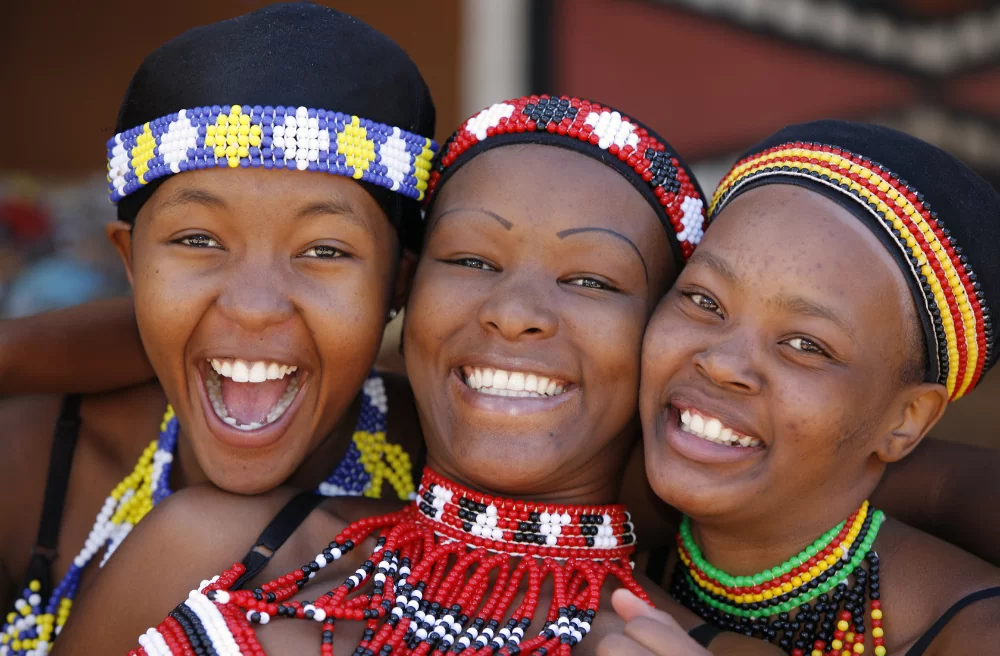10 things to note when visiting South Africa for the first time

10 things to know before visiting South Africa – A first-timer’s guide. Photo credit: NZTE
Planning your first trip to South Africa? Get ready for an unforgettable journey filled with stunning landscapes, vibrant cultures, and warm hospitality. From the bustling streets of Johannesburg to the scenic coastlines of Cape Town and the wildlife wonders of Kruger National Park, South Africa offers something for every type of traveller.
But to make the most of your experience, there are some important things every first-time visitor should know. Here are 10 essential tips to keep in mind when visiting South Africa for the first time—covering safety, customs, currency, and more.
1. South Africa Is Diverse in Every Way
South Africa isn’t just one experience—it’s many. With 11 official languages, multiple ethnic groups, and a wide range of religions and traditions, you’ll encounter a rich cultural tapestry. From Zulu and Xhosa to Afrikaans, English, and Sotho speakers, expect diversity in language, cuisine, music, and ways of life. Be open-minded, curious, and respectful of local customs.
2. The Seasons Are the Opposite of the Northern Hemisphere
If you’re coming from Europe, North America, or parts of Asia, remember that South Africa’s summer is from November to February, and winter is from June to August. Pack accordingly! Cape Town can be cool and rainy in winter, while Johannesburg tends to be dry and crisp. If you’re chasing sunshine, December and January are peak summer travel months.
3. Currency and Payment Options Are Tourist-Friendly
South Africa uses the South African Rand (ZAR). Credit and debit cards are widely accepted in most urban areas, hotels, and restaurants. Mobile payments via SnapScan and Zapper are also popular. However, it’s wise to carry some cash when visiting rural towns, informal markets, or game lodges where card services may not always work.
4. Safety Varies by Location—Be Street Smart
Like any major destination, South Africa has areas that are safer than others. While many tourists visit without incident, it’s important to remain aware of your surroundings. Avoid displaying valuables in public, especially in crowded areas. Stick to well-lit streets at night and take registered taxis or ride-hailing services like Bolt and Uber. Always ask locals or your hotel which areas to avoid.

5. Tipping Is a Norm—and Often Expected
Tipping in South Africa is customary. In restaurants, a tip of 10–15% of the bill is standard. Car guards, petrol station attendants, and hotel porters also appreciate small tips for their service. It may seem unusual to tourists at first, but tipping is part of the economic culture and contributes significantly to many workers’ income.
6. South Africa Offers Incredible Wildlife—But Don’t Expect Lions in the Streets
Yes, South Africa is famous for the Big Five (lion, elephant, leopard, rhino, and buffalo), but you won’t find them wandering the streets of Johannesburg. For a real safari experience, head to game reserves like Kruger National Park, Pilanesberg, or Addo Elephant Park. Always follow ranger instructions—wildlife is not to be underestimated.
7. Water Is Safe to Drink in Most Cities
Tap water in major cities like Cape Town, Durban, and Johannesburg is generally safe to drink. However, in rural areas or during water shortages, it’s advisable to stick to bottled water. When hiking or going off the beaten path, always carry your own clean supply.
8. Learn a Few Local Phrases—it Goes a Long Way
While English is widely spoken, learning a few local words—especially in Zulu, Xhosa, or Afrikaans—can make a big difference. A friendly “Sawubona” (hello) or “Dankie” (thank you) often brings smiles and helps break the ice. South Africans appreciate visitors who make an effort to connect beyond just tourist transactions.
9. Load Shedding Is Real—Prepare for Power Cuts
South Africa experiences scheduled power outages known as load shedding due to electricity supply challenges. This can affect certain areas for a few hours a day. Most hotels and restaurants in major cities are prepared with backup power sources, but always keep your phone charged, carry a power bank, and check load shedding schedules (e.g., via apps like EskomSePush).
10. South Africans Are Friendly—but Direct
South Africans are known for their warm hospitality and easy sense of humour, but they’re also direct and honest communicators. Don’t be surprised by candid conversations or straightforward service. It’s not rudeness—it’s cultural! Strike up a chat, ask for directions, or get restaurant recommendations—locals love to help.
Come with an Open Mind, Leave with a Full Heart
South Africa is a country that stays with you long after you’ve left. From Table Mountain’s sunsets to township tours, from braais (barbecues) to bustling markets, you’ll be enriched by every encounter. By keeping these 10 tips in mind, you’ll travel smarter, deeper, and with greater appreciation for one of Africa’s most dynamic nations.

